Stephen Doster
-
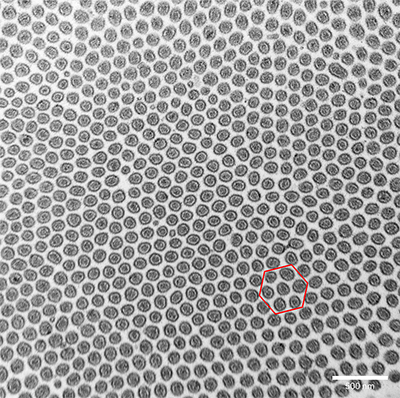
To fully mature, they’ve gotta move (out)
By Lorena Infante Lara Densely packed microvilli (dark circles) naturally arrange into overlapping hexagons (red). Image of microvilli cross-sections courtesy of Matt Tyska. Modified with permission. New technologies allow us to look at old knowledge with fresh eyes. Scientists have known about microvilli for a long time. Electron microscopy showed… Read MoreAug. 14, 2019
-

Fred Guengerich Receives 2019 Richard Armstrong Mentoring Award
Please join us in congratulating Fred Guengerich, the recipient! An award presentation and “Frontiers in Biochemistry” lecture by Dr. Guengerich will take place Aug 23, 12:00-1:00, 214 Light Hall: “Conformational Changes in Binding of Substrates with Human Cytochrome P450 Enzymes, etc.” Flyer… Read MoreAug. 13, 2019
-

New window on fibrosis
Aug. 8, 2019, 10:00 AM by Bill Snyder DDR1 is a receptor tyrosine kinase (RTK) — a cell surface receptor — that regulates multiple functions including the maintenance of the normal structure of tissues, but which also contributes to pathological conditions including cancer, inflammation and fibrosis. In the kidney, upregulation of… Read MoreAug. 8, 2019
-
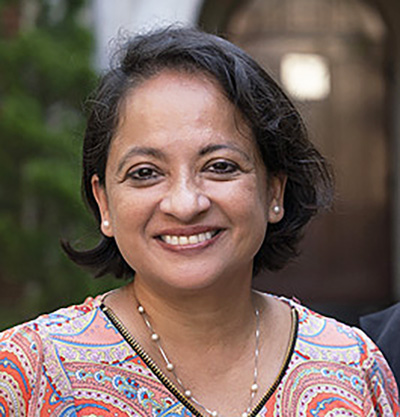
Cellular engines of wound repair have distinct roles
Aug. 8, 2019, 9:38 AM Pampee Young, MD, PhD, left, Sarika Saraswati, PhD, and colleagues are studying the different ways fibroblasts function following tissue injury. (photo by Joe Howell) by Leigh MacMillan Following tissue injury, fibroblast cells activate, divide and play key roles in both tissue repair and pathological scarring… Read MoreAug. 8, 2019
-
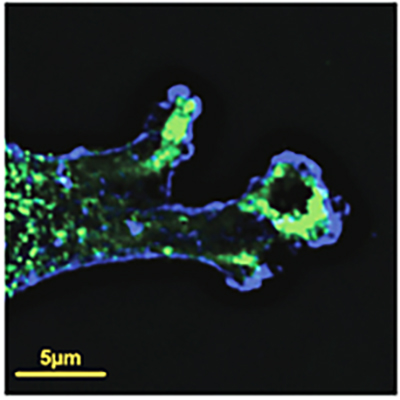
Controlling WNT Signaling Through DVL2
Figure reproduced under the CC BY-NC-ND license from C. P. Nielsen, et al., Cell Rep., 28, 1074. The WNT family of signaling proteins plays an important role in the regulation of cell proliferation, differentiation, motility, and migration via multiple pathways that are frequently dysregulated in cancer. The well-known canonical WNT… Read MoreAug. 5, 2019
-
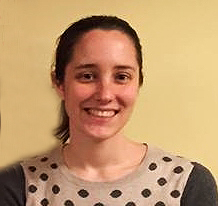
New role for microtubules in diabetes
Jul. 29, 2019, 8:30 AM by Bill Snyder The failure of pancreatic beta cells to release appropriate amounts of insulin in response to rising blood glucose levels is a hallmark of type 2 diabetes. During the past decade researchers have shown that microtubules — part of the cell’s… Read MoreAug. 1, 2019
-

The β cell’s path to success: Balancing insulin production and storage
By Deborah Roby Irina Kaverina. The Cell and Developmental Biology labs of Irina Kaverina and collaborators Guoqiang Gu and Chris Wright recently published work in Current Biology that presents a newly discovered means by which the pancreas maintains glucose homeostasis. This work illuminates the crucial steps pancreatic β cells take to… Read MoreJul. 31, 2019
-
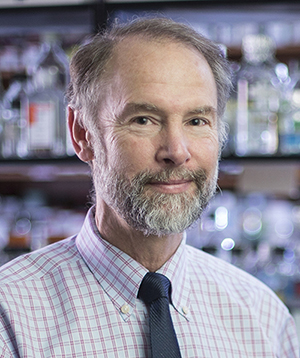
Sex differences in kidney injury
Jul. 25, 2019, 8:30 AM by Kelsey Herbers Evidence indicates men have higher incidence of chronic kidney disease and quicker renal decline than premenopausal women. However, sex differences in the expression and activation of the EGF receptor (EGFR), which mediates progressive renal injury, are largely unexplored. Ming-Zhi… Read MoreJul. 26, 2019
-

Team’s study reveals details of new DNA repair pathway
Jul. 25, 2019, 9:33 AM David Cortez, PhD, left, Petria Thompson, Katherine Amidon, Brandt Eichman, PhD, and colleagues are studying how a DNA repair pathway protein shields sites of damage to avoid mutations. (photo by Anne Rayner) by Leigh MacMillan A team of Vanderbilt investigators has discovered how a DNA… Read MoreJul. 26, 2019
-
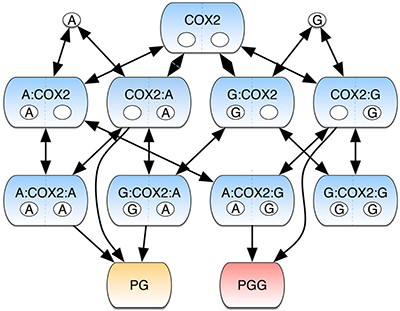
Exploring Allostery as a Signaling System
Figure reproduced under the CC BY 4.0 license from E. M. Shockley, et al. (2019) NPJ Syst. Biol. Appl. 5, 23. Multi-input/multi-output (MIMO) signaling systems, defined as networks that coordinate numerous inputs (e.g., enzyme substrates, receptor ligands, allosteric modulators) to yield multiple outputs (e.g., products, secondary signaling molecules, etc.)… Read MoreJul. 25, 2019